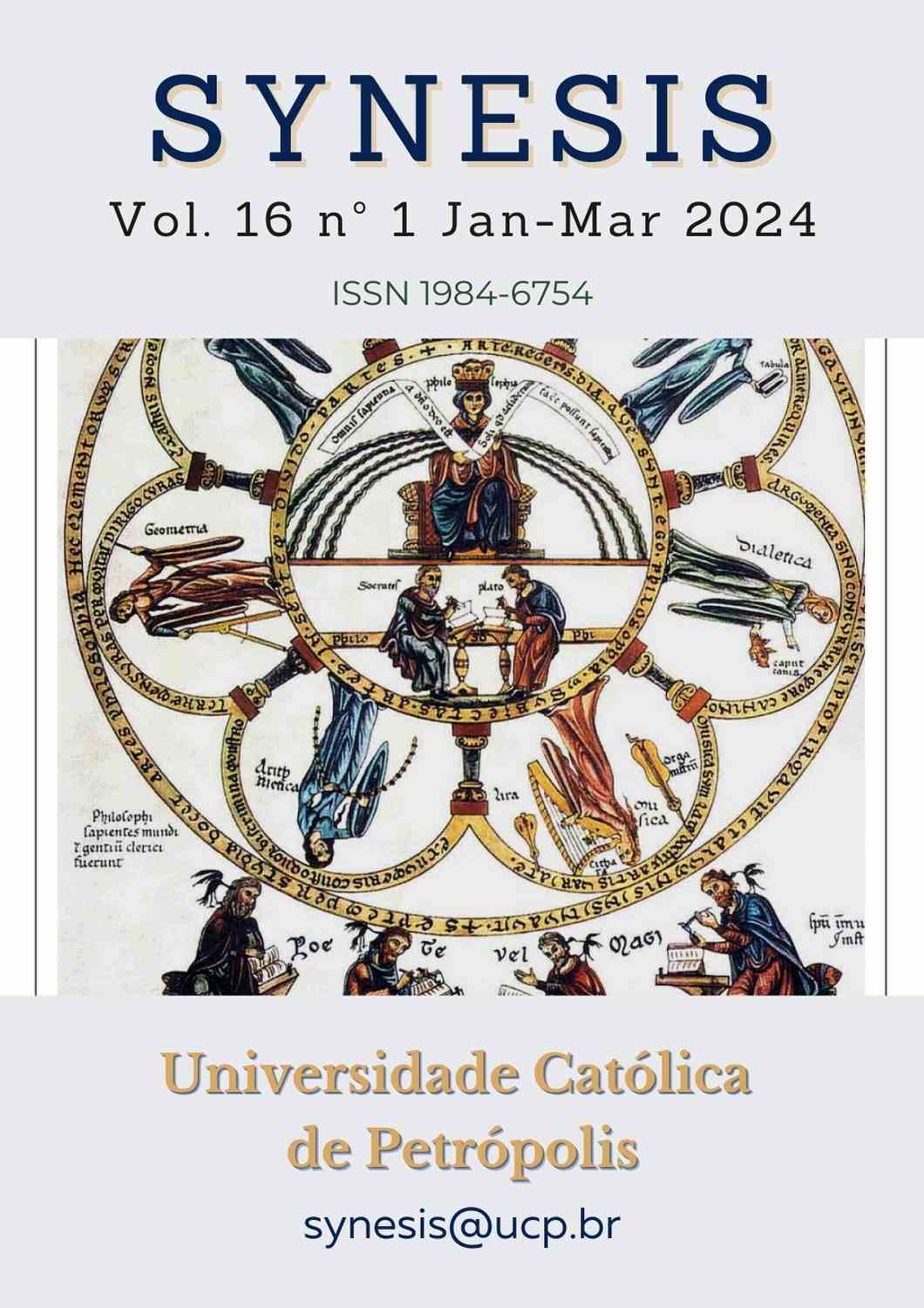Abstract
Fyodor Mikhailovich Dostoevsky (1821-1881), a paramount figure in 19th-century Russian intellectualism, profoundly explored the human condition, emphasizing themes of solitude, freedom, and existential angst. His literary oeuvre, focusing on the intricate tapestry of human emotions and thoughts, navigates the complex journey of self-discovery and the quest for identity within the societal margins. Dostoevsky’s philosophical discourse on loneliness, intertwined with a quest for freedom from a religiously rooted volition, presents a nuanced analysis of Russian character and the prospect of spiritual redemption. This article highlights the dichotomy in Dostoevsky’s portrayal of human existence: the oscillation between despair and the pursuit of self-expression in a world fraught with uncertainty. His insights into the human psyche have profoundly influenced existential philosophy, marking a significant contribution to 20th-century existentialist thought. Dostoevsky’s narratives, rich in empathy and introspection, advocate for resilience in the face of existential despair, promoting a vision of liberation and genuine freedom. Dostoevsky’s legacy, as acknowledged by thinkers like Berdyaev, extends his influence beyond literary circles into the realms of existential and anthropological philosophy, championing the individual's capacity for self-transformation and the imperative of living a purposeful life. His characters, emblematic of the broader human struggle, navigate their destinies against the backdrop of a Russia in flux, reflecting Dostoevsky’s profound engagement with the socio-political currents of his time and his anticipation of a new chapter in Russian and human history.
References
Berdyaev, N. (2007). The Fate of Russia. Exmo Publishing.
Camus, A. (1995). La Chute (T. D. Tran, Ed. & Trans.). Writers Association Publishing House.
D'Ambrosio, J. (2020). Why Did Jesus Say “Eli Eli lema sabachthani” (My God My God why have You Forsaken Me?). Sound of Heaven Church. Retrieved Feb 24th, 2024 from https://www.soh.church/my-god-my-god-why-have-you-forsaken-me/
Descartes, R. (1973). Discourse on Method (Thai Dinh, Trans.). Nam Chi Tung Thu.
Dinh, N. T. (1999). Ancient Greek Philosophy. National Political Publishing House.
Dostoevsky, F. (2011). Demons (N. M. Nguyen, Trans.). Literature Publishing House.
Dostoevsky, F. (2013). The Brothers Karamazov (M. H. Pham, Trans.). Literature Publishing House.
Dostoevsky, F. (2017a). The Idiot (M. P. Vo, Trans.). Literature Publishing House.
Dostoevsky, F. (2017b). White Nights (M. H. Pham, Trans.). Literature Publishing House.
Dostoevsky, F. (2023a). Crime and Punishment (X. H. Cao, Trans.). Literature Publishing House.
Dostoevsky, F. (2023b). Notes from Underground (Thien Luong, Trans.). Literature Publishing House.
Hegel, G. W. F. (1992). Phenomenology of Spirit. Science.
Heidegger, M. (1973). Sein Und Zeit (C. T. Tran, Trans.). Que Huong Bookstore,.
Hunt, M. (2013 ). Jesus' Seven Last Statements from The Cross. Agape Bible Study. Retrieved Feb 24th, 2024 from https://www.agapebiblestudy.com/charts/Jesus_Seven_Last_Statements_from_the_Cross.htm
Isupov, K. G. (2017). Introduction to Dostoevsky’s Metaphysics. Institute of Russian Literature (Pushkin House).
Kant, I. (2018). Critique of Pure Reason (V. N. S. Bui, Trans.). Literature Publishing House.
Kortunov, S. V. The Fate of Russia: Several Observations on "New" Russian Identity. Stanford University. Retrieved Feb 24th, 2024 from http://www-leland.stanford.edu/group/Russia20/volumepdf/Kortunov.pdf
Kuiper, K. (2024). Les Misérables: novel by Hugo. Encyclopaedia Britannica. https://www.britannica.com/topic/Les-Miserables-novel-by-Hugo
Lossky, N. (1953). Dostoevsky and his Christian worldview. Chekhov Publishers.
Russian Academy of Sciences. (2007). Dostoevsky - Materials and Research (Vol. 18). Institute of Russian Literature (Pushkin House).
Sartre, J. P. (1948). L’être et le Néant. Gallimard.
Sartre, J. P. (1994). Nausea. Literature Publishing House.

This work is licensed under a Creative Commons Attribution-NonCommercial-NoDerivatives 4.0 International License.
Copyright (c) 2023 Synesis (ISSN 1984-6754)

